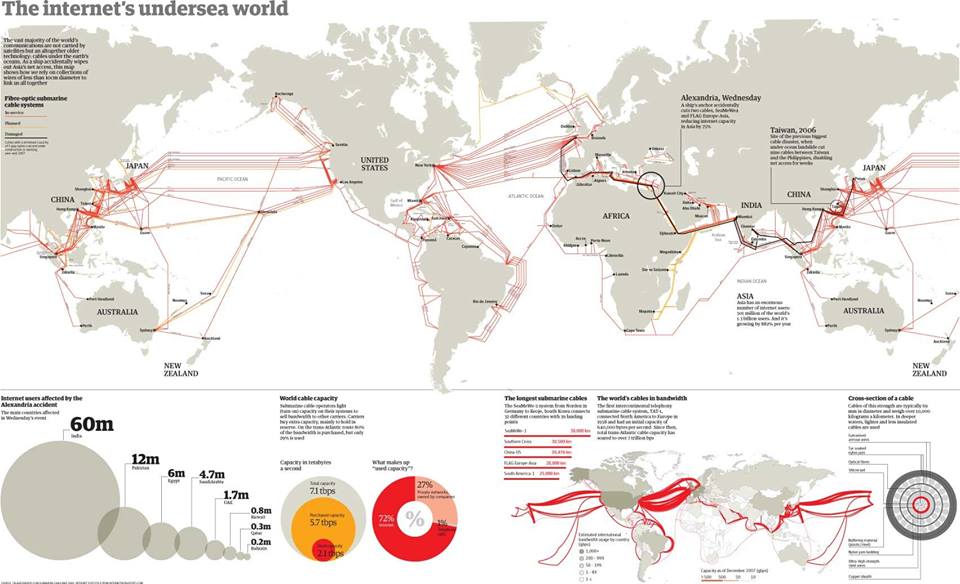An activity this week has been to read a long, but helpful, chapter by Conole about the ways technology has already impacted both learning and teaching, and the implications of these changes for future practice.
This section caught my attention:
"The teacher–student nexus is also under threat. In an information-rich, Web 2.0 world where the focus is on user-generated content, peer dialogue, and co-construction of knowledge, the notion of teacher as “expert” and student as “receiver” makes little sense. Therefore, there is a disjuncture between student use of the technologies and academic use, with students increasingly developing their own sophisticated personal learning environment of tools and resources to support their learning" Conole 2011
The readily available, and vastly broad and deep, resources available to students could easily be imagined as a threat to the future of teaching as we have known it. For centuries the teacher's currency has been their knowledge - what they knew (and to some extent what they also knew about how to teach) was what they sold to the market. Now everything they know - plus a thousand times more information - is available at the click of a button. A book tells one story, a teacher may be able to tell a few stories, the internet has billions of stories.
I asked my daughter (just finished A-levels) and a friend of hers this question:
If you had access to a wide variety of books, papers, articles, videos and other resources, could you have learned your A-levels without the teacher's input?
The answers I received were:
"Yes totally." and
"Yes.... I think so. I would have missed talking about it with other students."
Bearing in mind that these two are both highly motivated, mature students who needed no additional pushing to keep them on track (not necessarily typical!) I would not draw a firm conclusion. I am not even convinced it is true of them either but certainly the perception of 'teacher knows the stuff so I must listen in class' is not something they hold.
But yet I don't like the idea of the teacher becoming defunct. Something in me resists the idea that humanity will cease to be the primary teacher of humanity.
